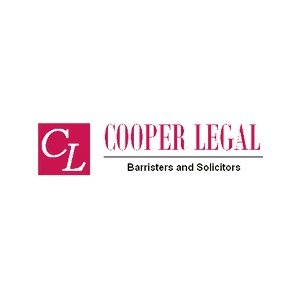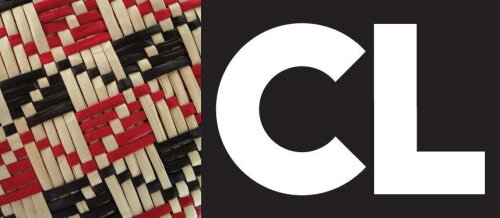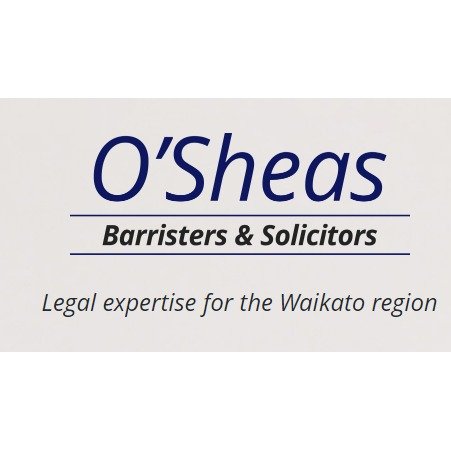Best Education Law Lawyers in New Zealand
Share your needs with us, get contacted by law firms.
Free. Takes 2 min.
Or refine your search by selecting a city:
List of the best lawyers in New Zealand
About Education Law in New Zealand
Education Law in New Zealand covers a wide range of legal issues related to the education system, ensuring the rights and responsibilities of students, educators, and educational institutions are upheld. This area of law includes regulations and policies governing primary, secondary, and tertiary institutions, and it addresses areas such as student rights, teachers' employment conditions, education standards, and governance of educational bodies. The legal framework aims to provide equitable access to quality education while balancing the interests of all stakeholders involved.
Why You May Need a Lawyer
There are several situations where obtaining legal advice in Education Law may be beneficial:
- Disputes between parents and schools regarding student discipline or education plans.
- Issues concerning special education needs and accommodations for students with disabilities.
- Matters related to bullying, harassment, or discrimination within educational settings.
- Legal problems faced by international students, such as visa issues or breaches of education provider obligations.
- Contractual disputes involving school employment, such as wrongful dismissal or employment terms negotiations.
- Cases involving governance and management of schools or amendments to school policies.
Local Laws Overview
New Zealand's education system is governed by several key pieces of legislation, including:
- Education and Training Act 2020: This comprehensive legislation sets out the legal framework for the operation of the education system, enhancing access and equity across educational services.
- Human Rights Act 1993: Ensures protection against discrimination in educational settings based on race, gender, disability, and other factors.
- The New Zealand Bill of Rights Act 1990: Upholds the freedom of expression, religion, and association in schools, balanced against maintaining order and discipline.
- Code of Practice for the Pastoral Care of International Students: Offers guidance and sets obligations on educational institutions in supporting international students.
These laws collectively ensure that education policy is regulated to protect and promote a fair, inclusive, and effective educational system in New Zealand.
Frequently Asked Questions
What are my child's rights at school in New Zealand?
Your child has the right to a safe and supportive learning environment where they can receive a quality education free from discrimination or bullying.
How do I address issues of bullying in school?
First, contact the school to discuss the issue. If not resolved, legal advice may be useful to ensure necessary steps are followed to protect your child and secure appropriate actions against bullying.
Can I challenge a suspension or expulsion decision?
Yes, you can appeal the decision through the school's Board of Trustees. Legal representation can help present your case effectively during this process.
What support is available for children with disabilities?
Schools must provide reasonable accommodations for students with disabilities. If these are not met, you may need legal support to ensure your child's educational needs are addressed.
Can I apply for a zoning exemption for my child?
You can apply for an out-of-zone placement if the desired school has available places. Legal advice may be needed if your application is unsuccessful and you wish to appeal the decision.
How are teacher employment disputes handled?
Employment disputes are typically addressed through the collective employment agreements and the Employment Relations Authority. Legal assistance can be valuable for navigating these processes.
What obligations do schools have towards international students?
Schools must comply with the Code of Practice for Pastoral Care, ensuring international students receive adequate welfare support and maintain compliance with visa conditions.
Are homeschooled children subject to the same education laws?
While families can apply to homeschool, they must register with the Ministry of Education and demonstrate that their program ensures an education comparable to New Zealand's national curriculum.
How can I influence changes to school policies?
Engage with the board of trustees or participate in community consultations. Legal advice may be needed if formal proposals or challenges are being considered.
What legal recourse is available if the school breaches a student's privacy?
If a school breaches a student’s privacy, you can file a complaint with the Office of the Privacy Commissioner. Legal advice may help in persuing effective recourse.
Additional Resources
For more assistance on Education Law in New Zealand, consider these resources:
- The Ministry of Education: Offers guidance and publications on education policies and rights.
- New Zealand Educational Institute (NZEI): Provides support on employment and educational matters for teachers.
- Human Rights Commission: Assists with issues related to discrimination in educational settings.
- The Office of the Privacy Commissioner: Provides advice on privacy concerns within schools.
- The School Trustees Association: Offers resources and guidance on school governance and policymaking.
Next Steps
If you require legal assistance in Education Law, consider the following steps:
- Identify the issue and collect any relevant documentation or correspondence related to the case.
- Consult with a specialized education lawyer or legal service provider to discuss your case and understand your legal options.
- Prepare to address the case constructively with clear objectives and potential resolutions in mind.
- Engage with the necessary legal channels or local education authorities with the support of your legal representation to resolve the matter.
Legal assistance can ensure your rights are adequately protected and that the appropriate educational standards are met for you or your child.
Lawzana helps you find the best lawyers and law firms in New Zealand through a curated and pre-screened list of qualified legal professionals. Our platform offers rankings and detailed profiles of attorneys and law firms, allowing you to compare based on practice areas, including Education Law, experience, and client feedback.
Each profile includes a description of the firm's areas of practice, client reviews, team members and partners, year of establishment, spoken languages, office locations, contact information, social media presence, and any published articles or resources. Most firms on our platform speak English and are experienced in both local and international legal matters.
Get a quote from top-rated law firms in New Zealand — quickly, securely, and without unnecessary hassle.
Disclaimer:
The information provided on this page is for general informational purposes only and does not constitute legal advice. While we strive to ensure the accuracy and relevance of the content, legal information may change over time, and interpretations of the law can vary. You should always consult with a qualified legal professional for advice specific to your situation.
We disclaim all liability for actions taken or not taken based on the content of this page. If you believe any information is incorrect or outdated, please contact us, and we will review and update it where appropriate.
Browse education law law firms by city in New Zealand
Refine your search by selecting a city.













